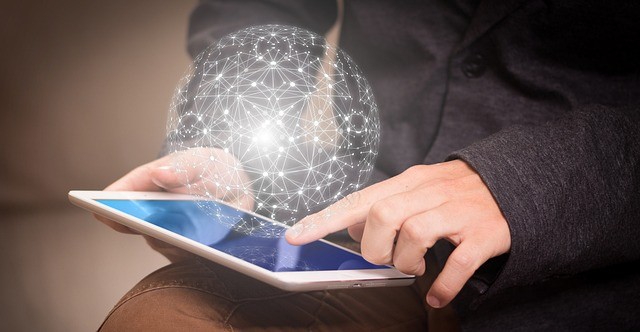OpenAI stole the show this week by releasing the most recent version of the technology, driving its popular chatbot during what is the most significant week for artificial intelligence since the introduction of ChatGPT.
With the launch of Grok, an AI ChatGPT competitor, scheduled for his platform, X (previously known as Twitter), Elon Musk brought a hint of humor to the scene.
OpenAI was the subject of a targeted attack when a Senate subcommittee discussed regulating AI in the healthcare industry.
Remarkably, the first wearable artificial intelligence device was unveiled during the same week, teasing itself as a possible replacement for the widely used smartphone.

Artificial Intelligence Gaining More Attention
According to a recent report, ABI Research researcher Reece Hayden stressed that these significant developments are indicative of the rapidly evolving AI business.
The week's events show how the AI community must balance the need to move quickly for innovative and competitive reasons and the possibility of unforeseen consequences.
The first developer conference hosted by OpenAI was an innovative venture that marked an important turning point for the AI industry.
A year after ChatGPT's successful launch, there was increased competition in the computer software sector to implement similar AI strategies in their companies.
During the event, OpenAI CEO Sam Altman revealed significant changes that enable developers to create customized versions of ChatGPT, or GPTs.
These modifiable tools work similarly to plugins, facilitating e-commerce transactions, improving email functionality, and integrating with databases with ease.
Altman demonstrated the easy-to-use GPT construction process, highlighting accessibility for individuals lacking any prior coding experience.
One of the main attractions is the GPT Store, which opens this month. It will include GPTs organized by productivity, education, and entertainment, just like traditional app stores, creating a vibrant market for these AI products.
Additionally, Altman introduced GPT-4 Turbo, the most recent version that is 16 times more capable than its predecessor and can process information equal to almost 300 regular book pages.
With two million developers and 90% of Fortune 500 firms using its tools internally, OpenAI's platform has experienced exponential growth and now serves a whopping 100 million active users.
More About the World of AI
AI Pin, a sophisticated artificial intelligence gear that aims to replace smartphones, was introduced by Humane, a business created by former Apple employees.
AI Pins, worn on garments, allow users to make calls and perform chores without using their hands. It has an ultra-wide camera, a laser ink display, depth sensors, and a Snapdragon processor with Qualcomm AI engine.
Even with the all-day battery life promise, worries regarding the use of AI on devices and the acceptance of continuous data processing by society remain.
AI Pin, which starts at $699, makes its US debut on November 16 and has AI capabilities for messaging and search. Although adoption concerns still exist, analyst Arun Chandrasekaran views it as a futuristic hardware advancement.
Google expands partnership with Anthropic to enhance AI safety https://t.co/BIX92L4AQv #google #anthropic #ai #claude #llm #news #tech #technology
— AI News (@AI_TechNews) November 10, 2023
Some of the other updates on AI include Elon Musk's xAI introduction of Grok, a sarcastic chatbot for some X users, with potential integration into X's Premium+ service.
Also, Amazon invests in "Olympus," an AI with double the parameters of OpenAI's GPT-4, and YouTube experiments with AI tools.
Analysts foresee continued AI growth as companies explore models for product enhancement and also utmost competitiveness.
© Copyright 2025 Mobile & Apps, All rights reserved. Do not reproduce without permission.
















